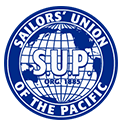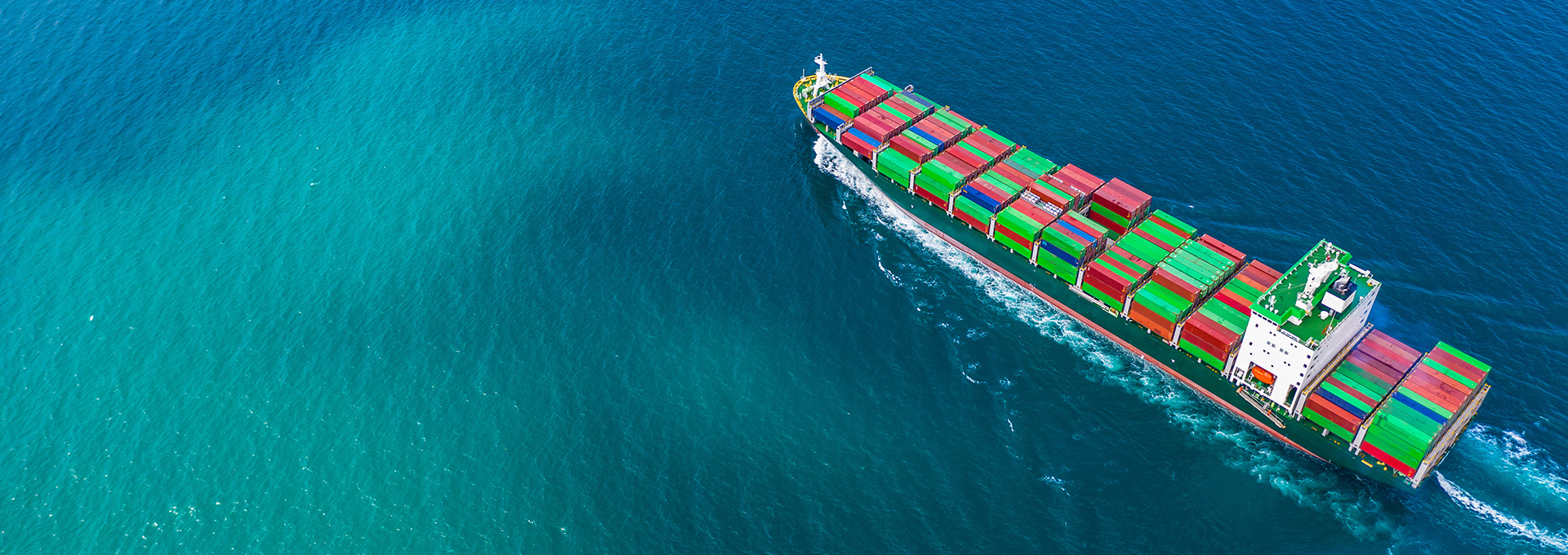Legislation that provides for a new Maritime Security Program (MSP) to replace the current program when it expires on September 30, 2005, was unanimously approved by the Senate Commerce, Science and Transportation Committee on June 26.
After months of vacillating on whether to purchase two containerships being built at Kvaerner Philadelphia Shipyard, Matson Navigation Company will christen the first vessel? m/v Manukai? on July 12.
Matson Navigation Company issued a press release on May 20 stating that it will ?own and operate? the two Manukai-class vessels currently under construction at Kvaerner Philadelphia Shipyard.
Contentious negotiations result in work in new Hawai?i ships and maintenance of the existing fleet.
Matson Navigation Company has threatened not to purchase two vessels being built at Kvaerner Philadelphia Shipyard but will instead time-charter them back from a new owner with lower crew costs.
In a hard-hitting speech this month in Washington, Senator John Breaux (D-LA) underscored the need to reauthorize the Maritime Sec-urity Program (MSP) prior to the legislation?s expiration on September 30, 2005.
U.S. intelligence officials have identified approximately 15 ships around the world that they believe are controlled by Osama bin Laden?s al Qaeda.
The Department of Defense?s (DOD) use of foreign-flag ships crewed by non-U.S. citizen seafarers to transport military equipment and supplies represents a major weakness in DOD?s force protection system aimed at securing the nation from terrorists acts at U.S. seaports.
Statute requires additional mariner identification and background checks
Sweeping legislation aimed at improving security at U.S. seaports and preventing terrorist acts was approved by Congress on November 14 and is expected to be signed by President Bush.
On October 16, U.S. District Judge William Alsup invoked the provisions of the anti-Union Taft-Hartley Act and issued an injunction that prohibits strikes or lockouts during an 80-day ?cooling off? while representatives of the International Longshore and Warehouse Union (ILWU) and Pacific Maritime Association (PMA) attempt to reach agreement for a new contract. Alsup?s decision followed a temporary restraining order issued on October 8, which compelled waterfront employers to open up 29 affected West Coast ports and allow longshoremen to return to work.


